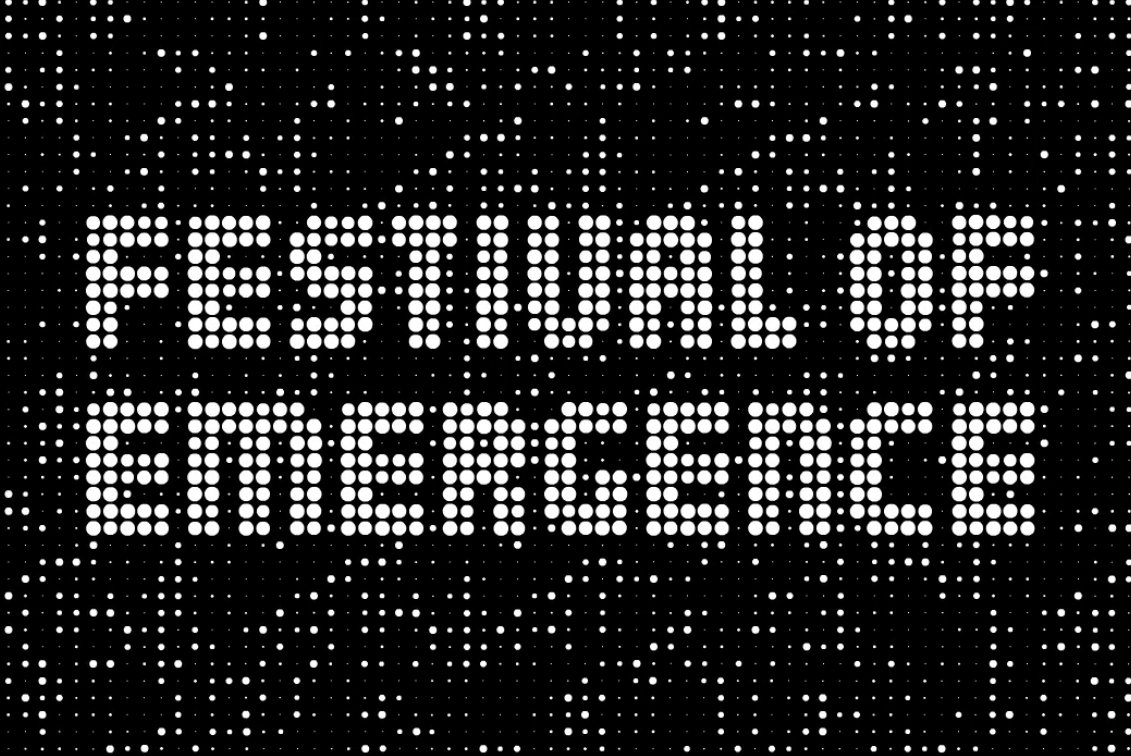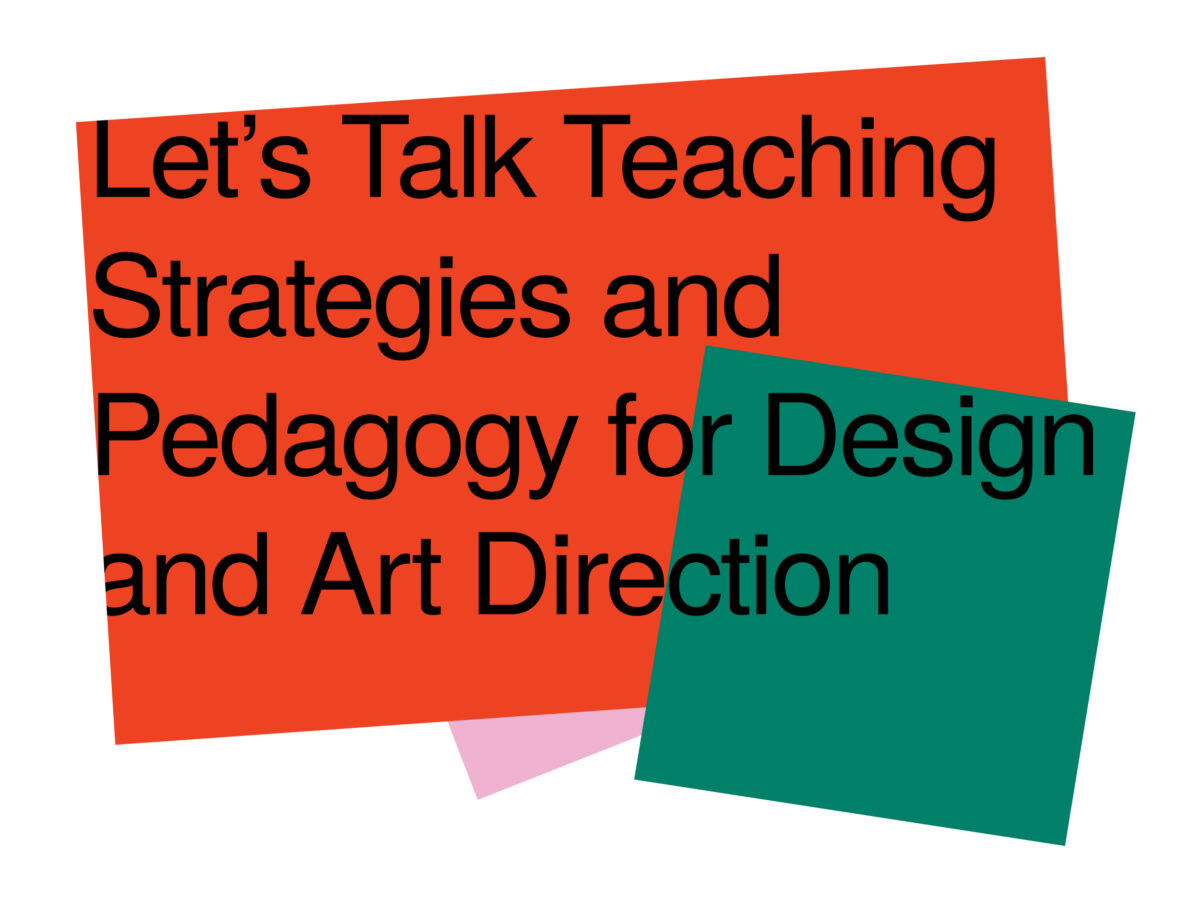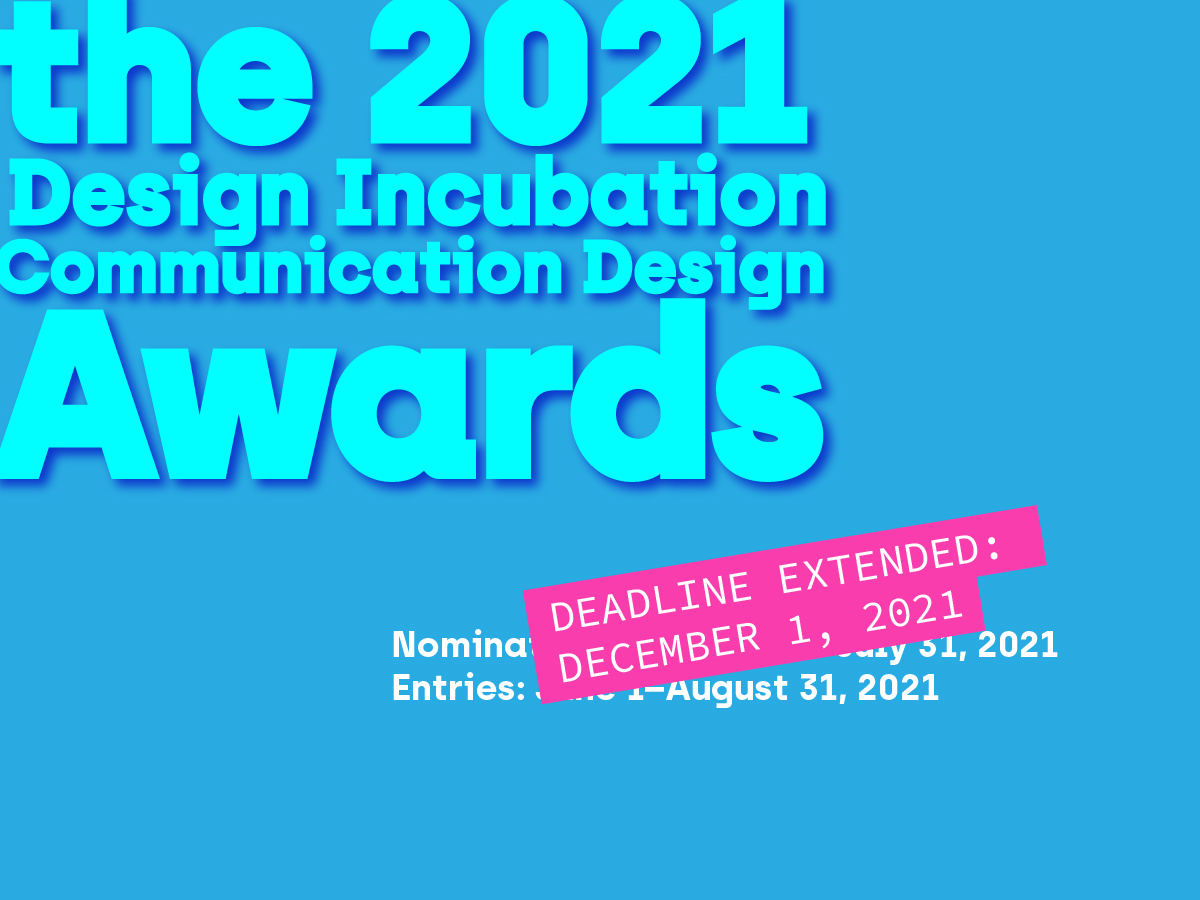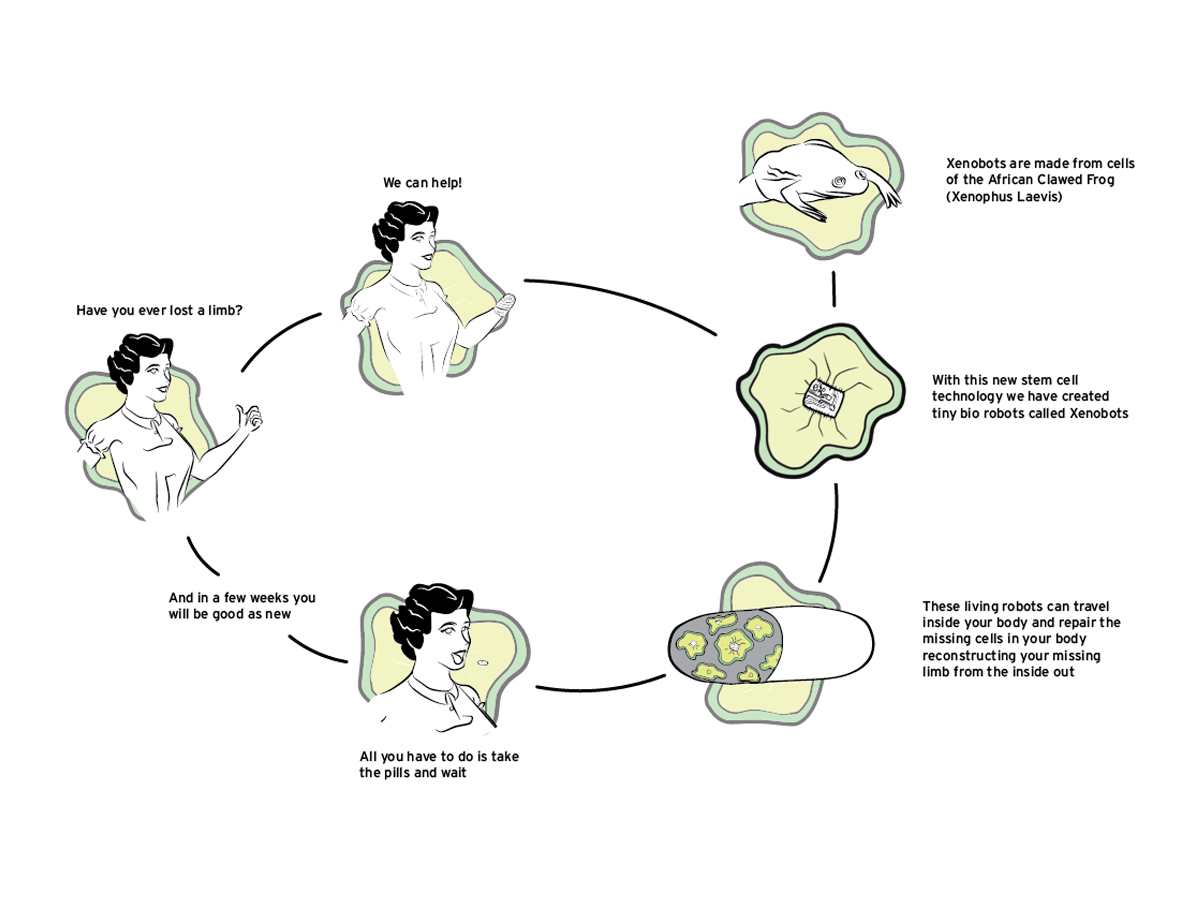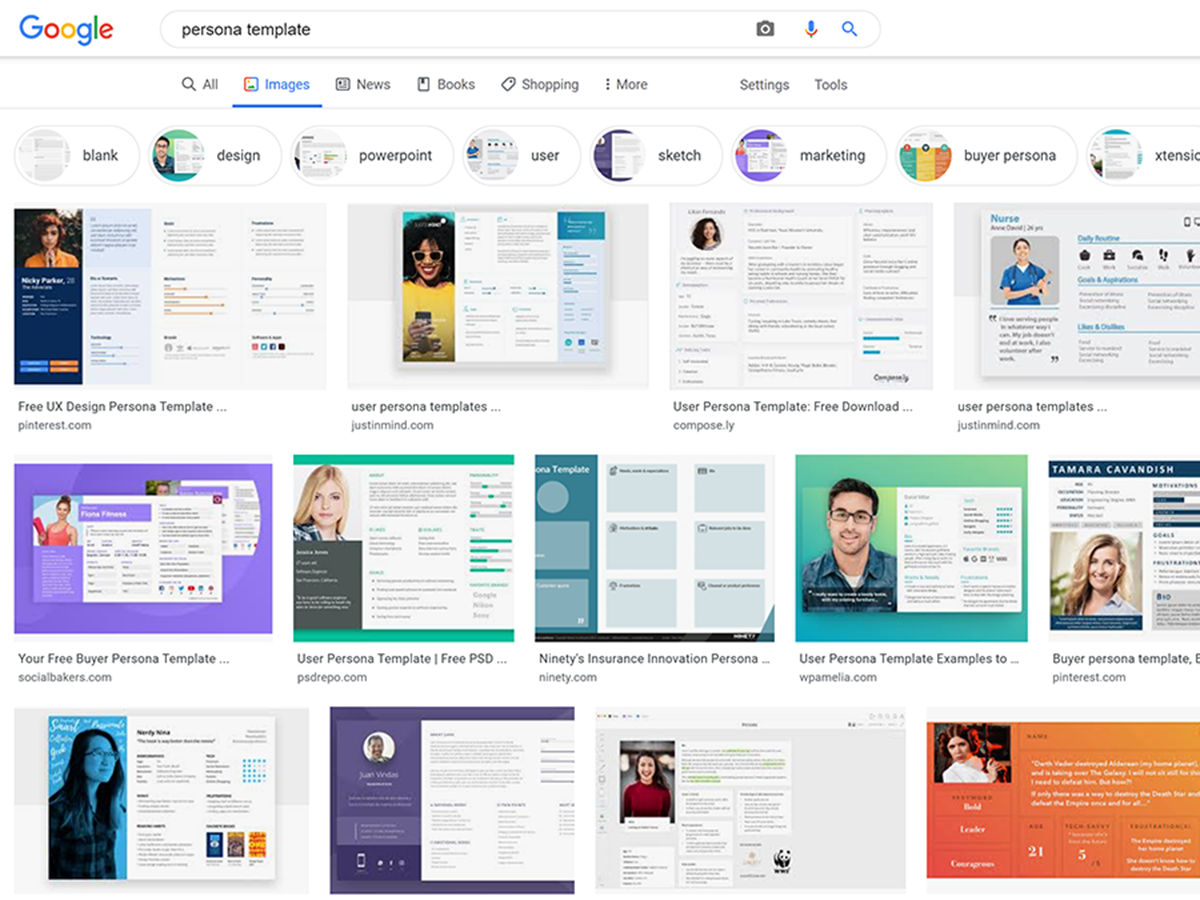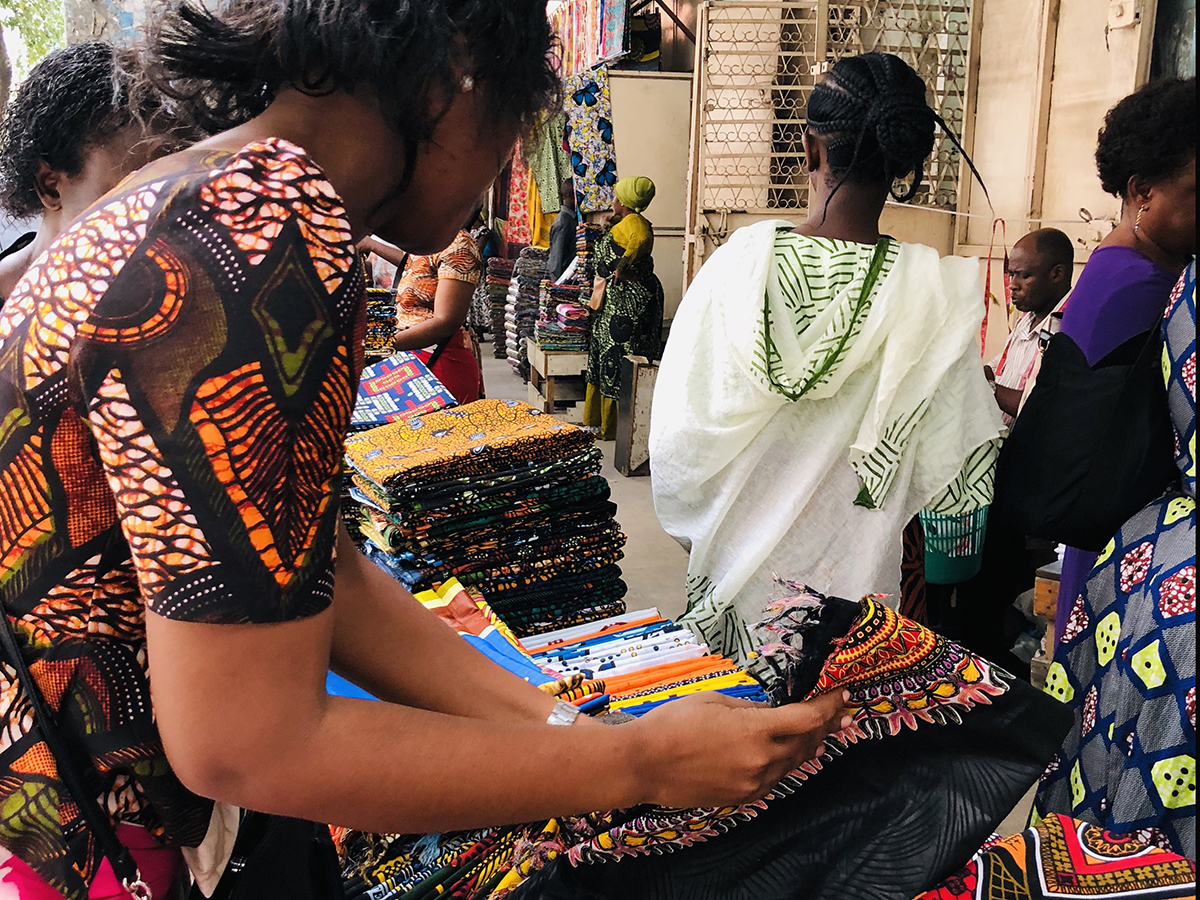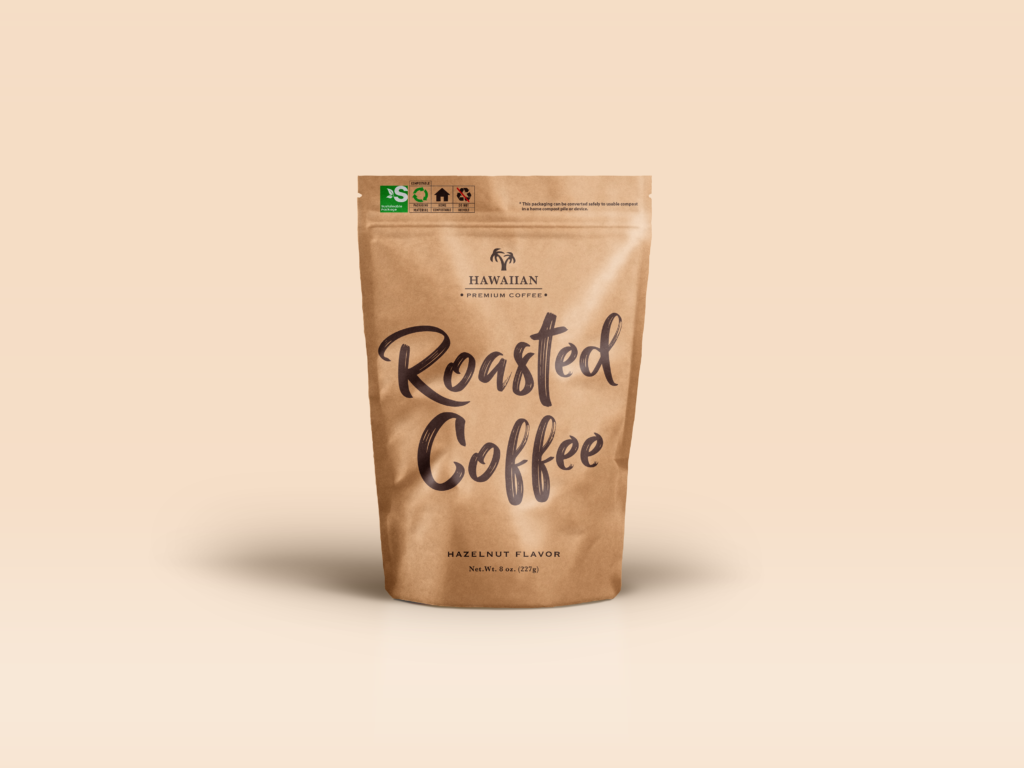Design Incubation announces a call for nominations and entries for the 2021 awards for communication design educators and graduate students in the areas of scholarship, teaching, service. The aim of the awards program is to discover and recognize new scholarship (creative work and publications), teaching, and service in our broad and varied discipline. We hope to expand the design record, promote excellence and share knowledge within the field.
We ask colleagues and mentors to identify outstanding creative work, publications, teaching, and service being created by design educators and graduate students in our field and to nominate these individuals for an award. Nominations will be accepted until December 1, 2021.
Entry Guidelines
Entries will be accepted from June 1–December 1, 2021. Complete the online entry form with the following:
Title: Description of project and outcomes (not to exceed 500 words)
Supporting Materials: (limited to 5-page medium resolution pdf of artwork; web links to websites, videos, other online resources; published documents or visual documents)
Biography of applicant/s (150 words per applicant)
Curriculum vitae of applicant/s
The 2021 Design Incubation Awards: Graduate Student Work
If you are faculty advising graduate students please encourage students to enter the competition by nominating them for the awards. The future of communication design education begins with the work of future faculty and researchers in the field of Communication Design. Recognition of graduate student work will be grouped and reviewed in the categories of scholarship, creative projects, service, and teaching. Graduate students currently enrolled in graduate design programs are invited to submit scholarship, creative projects, service projects, teaching innovations they completed during graduate study or up to one year after graduation.
2021 Jury
Gail Anderson, School of Visual Arts, New York
John Bowers, School of the Art Institute of Chicago, Illinois
Lesley-Ann Noel, North Carolina State University, North Carolina
Maria Rogal, University of Florida, Florida
Lucille Tenazas, Parsons School of Design, New York
Teal Triggs (Chair), Royal College of Art, London
Biographies
Gail Anderson
Gail Anderson is an NYC-based designer, educator, and writer. She is Chair of BFA Design and BFA Advertising at the School of Visual Arts and the creative director at Visual Arts Press. Anderson has served as senior art director at Rolling Stone, creative director of design at SpotCo, and as a designer at The Boston Globe Sunday Magazine and Vintage Books. She has taught at SVA for thirty years and has coauthored 15 books on design, typography, and illustration with the fabulous Steven Heller.
Anderson serves on the Citizens’ Stamp Advisory Committee for the US Postal Service and the advisory boards of Poster House and The One Club for Creativity. She is an AIGA Medalist and the 2018 recipient of the Cooper Hewitt, Smithsonian Lifetime Achievement Award for Design. Her work is represented in the Library of Congress’s permanent collections, the Milton Glaser Design Archives, and the National Museum of African American History and Culture.
John Bowers
John Bowers is chair of the Visual Communication Design department at the School of the Art Institute of Chicago. Through making, writing, and teaching, he explores issues of individual and collective identity. His making practice repurposes newspapers from public to private record, and billboard paper into forms that address their underlying targeting strategies and have been sold through Printed Matter. He worked as a Senior Identity Designer at Landor (San Francisco) during the dot-com bubble. His professional work has been published in 365: AIGA, Communication Arts, ID, and Graphis. His writing includes “A Lesson from Spirograph,” (Design Observer), Introduction to Two-Dimensional Design: Understanding Form and Function, Second Edition (Wiley), and Visual Communication Design Teaching Strategies, which isposted on the AIGA Educators Community website. He has been a curriculum consultant and visiting designer in the US, Canada, and Sweden.
Lesley-Ann Noel
Dr. Lesley-Ann Noel is a faculty member at the College of Design at North Carolina State University. She has a BA in Industrial Design from the Universidade Federal do Paraná, in Curitiba, Brazil, a Master’s in Business Administration from the University of the West Indies in Trinidad and Tobago and a Ph.D. in Design from North Carolina State University.
Lesley-Ann practices design through emancipatory, critical, and anti-hegemonic lenses, focusing on equity, social justice, and the experiences of people who are often excluded from design research, primarily in the area of social innovation, education and public health. She also attempts to promote greater critical awareness among designers and design students by introducing critical theory concepts and vocabulary into the design studio e.g. through The Designer’s Critical Alphabet.
She is co-Chair of the Pluriversal Design Special Interest Group of the Design Research Society.
Maria Rogal
Maria Rogal is a Professor of Graphic Design and founding director of MFA in Design & Visual Communications at the University of Florida. She is the founder of D4D Lab, an award-winning initiative codesigning with indigenous entrepreneurs and subject matter experts to support autonomy and self-determination. After over a decade working with partners in México, she cofounded Codesigning Equitable Futures to foster respectful collaborations among the university and local community in Gainesville, Florida. She continues to speak and write about social and codesign, recently presenting at Pivot 2020, and co-authored “CoDesigning for Development,” which appears in The Routledge Handbook of Sustainable Design. Her research has been funded by AIGA, Sappi, and Fulbright programs, among others, and her creative design work has been featured in national and international juried exhibitions.
Lucille Tenazas
Lucille Tenazas is an educator and graphic designer based in New York and San Francisco. Her work is at the intersection of typography and linguistics, with design that reflects complex and poetic means of visual expression. She is the Henry Wolf Professor of Communication Design at Parsons School of Design and was the Associate Dean in the School of Art, Media and Technology from 2013-2020. She taught at California College of the Arts (CCA) for 20 years, where she developed the MFA Design program with an interdisciplinary approach, focusing on form-giving, teaching and leadership.
Lucille was the national president of the AIGA from 1996-98 and was awarded the AIGA Medal in 2013 for her lifetime contribution to design practice and outstanding leadership in design education. She received the National Design Award for Communication Design by the Cooper Hewitt Smithsonian Design Museum in 2002. Originally from Manila, the Philippines, Lucille studied at CCA and received her MFA in Design from Cranbrook Academy of Art.
Teal Triggs (Chair)
Teal Triggs is Professor of Graphic Design and leads on the MPhil/PhD programme in the School of Communication, Royal College of Art, London. As a graphic design historian, critic and educator she has lectured and broadcast widely and her writings have appeared in numerous edited books and international design publications. Triggs’s research focuses on design pedagogy, criticism, self-publishing, and feminism. She is Associate Editor of Design Issues (MIT Press) and was founding Editor-in-Chief of Communication Design (Taylor & Francis/ico-D). Her recent books include: co-editor with Professor Leslie Atzmon of The Graphic Design Reader (Bloomsbury), author of Fanzines (Thames & Hudson)and the children’s book The School of Art (Wide Eyed Editions) which was shortlisted for the ALCS 2016 Educational Writer’s Award. She is Fellow of the Design Research Society, International Society of Typographic Designers and the Royal Society of Arts.
Like this:
Like Loading...
